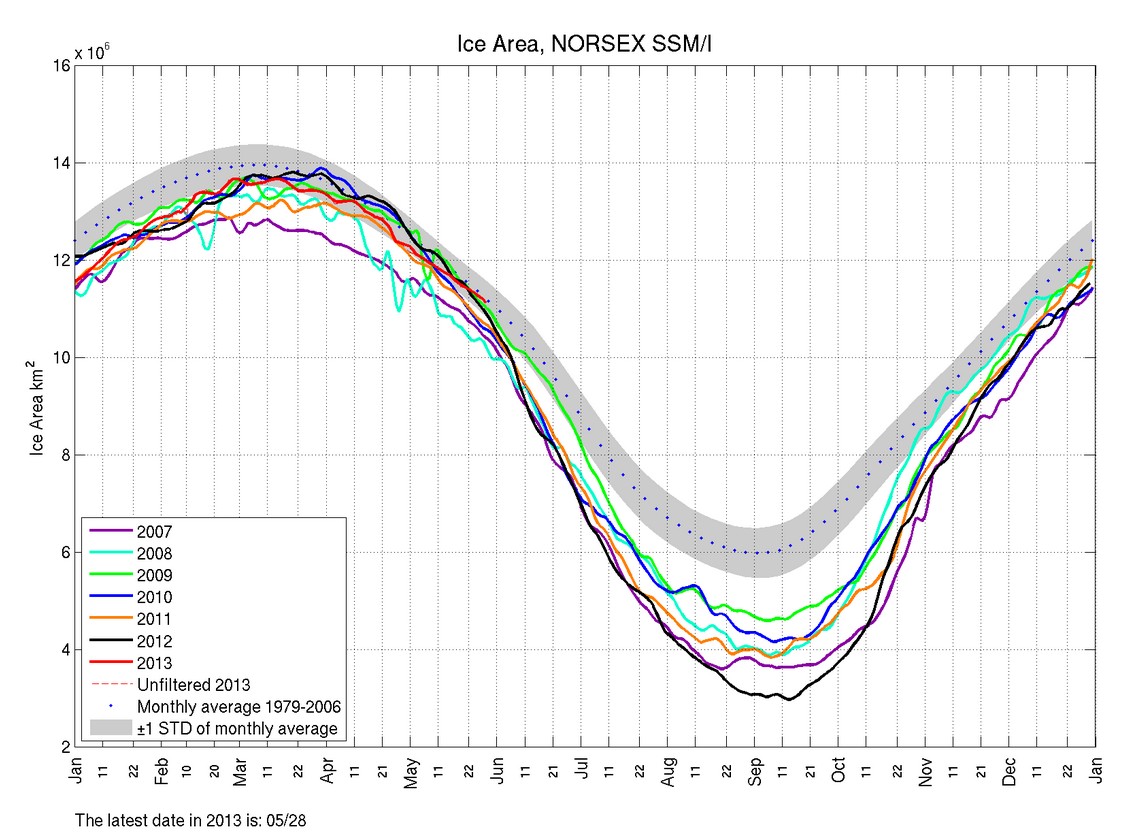Climate experts say that 90% of Arctic sea ice has melted, which is why it is at a ten year high for the date.
Disrupting the Borg is expensive and time consuming!
Google Search
-
Recent Posts
- Gaslighting 1924
- “Why Do You Resist?”
- Climate Attribution Model
- Fact Checking NASA
- Fact Checking Grok
- Fact Checking The New York Times
- New Visitech Features
- Ice-Free Arctic By 2014
- Debt-Free US Treasury Forecast
- Analyzing Big City Crime (Part 2)
- Analyzing Big City Crime
- UK Migration Caused By Global Warming
- Climate Attribution In Greece
- “Brown: ’50 days to save world'”
- The Catastrophic Influence of Bovine Methane Emissions on Extraterrestrial Climate Patterns
- Posting On X
- Seventeen Years Of Fun
- The Importance Of Good Tools
- Temperature Shifts At Blue Hill, MA
- CO2²
- Time Of Observation Bias
- Climate Scamming For Profit
- Climate Scamming For Profit
- Back To The Future
- “records going back to 1961”
Recent Comments
- Bob G on Gaslighting 1924
- Bob G on Gaslighting 1924
- arn on Gaslighting 1924
- conrad ziefle on Gaslighting 1924
- Gordon Vigurs on Gaslighting 1924
- conrad ziefle on Gaslighting 1924
- Robertvd on Gaslighting 1924
- conrad ziefle on Gaslighting 1924
- arn on Gaslighting 1924
- Gordon Vigurs on Gaslighting 1924



We know that climate runs in many different cycle lengths, so why would we exclude seven years of Arctic ice data from the mean? It is beyond ridiculous that these frauds continue to act as if anything that happened after 2006 is not part of a cycle, and can therefor be excluded.
Have as many meaningless means as you like, but let’s have at least have one that honestly and accurately reports the Arctic as it has been observed. They have a billion different models, so what exactly is the problem?
They like to keep the illusion of lower than average ice cover going?
Gives their theory a very thin film of respectability.
What missing ice?
Notice that the rate of decrease of the Arctic ice this year is also the slower of the last 7 years (all years plotted)…
Brings the hope of a relatively large summer ice cover this year.
Arctic ice can’t be at a 10 year high – McKibben tweeted that its been below the average for the past 143 months (according to his expert, Jeff Masters).